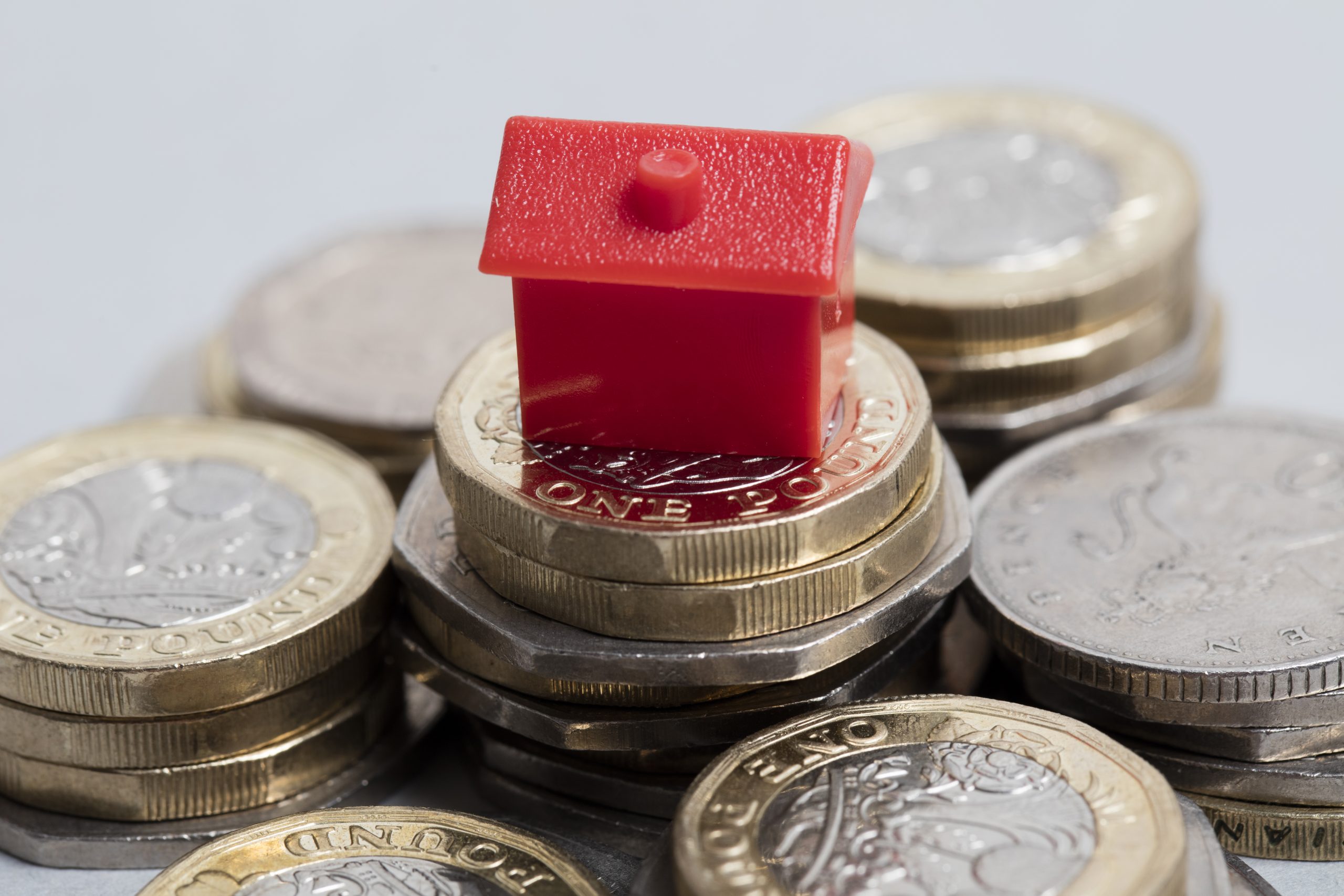Buy To Let
Second homeowners in Wales face three-fold rise in tax

Second homeowners in Wales will see council tax premiums rise to a maximum of 300% next year as part of plans to curb spiralling house prices.
The Welsh government has announced an increase to the maximum level of council tax for second homes and long-term empty properties – from 100% to 300% effective from April 2023.
It said the move was to “ensure people can find an affordable home in the place they have grown up”.
The premiums were paid on more than 23,000 properties in Wales this year.
While the maximum level at which local authorities can set council tax premiums on second homes and long-term empty properties will be increased to 300%, councils can decide the level “which is appropriate for their individual local circumstances”.
Rebecca Evans, minister for finance and local government, said: “These changes will give more flexibility to local authorities and provide more support to local communities in addressing the negative impacts that second homes and long-term empty properties can have. They are some of the levers we have available to us as we seek to create a fairer system.”

Wellness and wellbeing holidays: Travel insurance is essential for your peace of mind
Out of the pandemic lockdowns, there’s a greater emphasis on wellbeing and wellness, with
Sponsored by Post Office
Designated member, Sian Gwenllian, MS, added: “It is clear that we as a country are facing a housing crisis. So many people cannot afford to live in their local areas, and the situation has worsened during the pandemic.
“These changes will make a difference, enabling councils to respond to their local circumstances, and start to close the loophole in the current law. It’s a first, but important, step on a journey towards a new housing system that ensures that people have the right to live in their community.”
The Welsh government will also change the criteria for self-catering accommodation to be liable for business rates instead of council tax from April next year.
Currently, properties that are available to let for at least 140 days, and that are actually let for at least 70 days, will pay rates rather than council tax. The change will increase these thresholds to being available to let for at least 252 days and actually let for at least 182 days in any 12-month period.
The change is intended to provide a “clearer demonstration that the properties concerned are being let regularly as part of genuine holiday accommodation businesses making a substantial contribution to the local economy”, the Welsh government said.